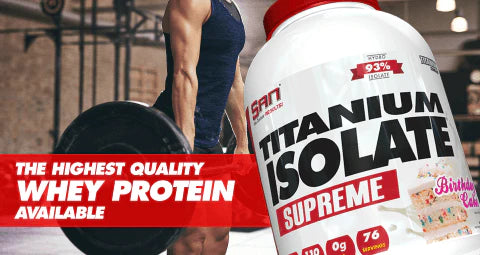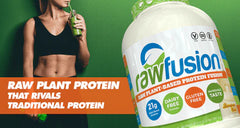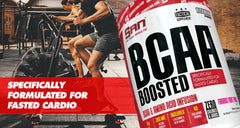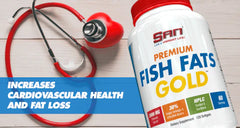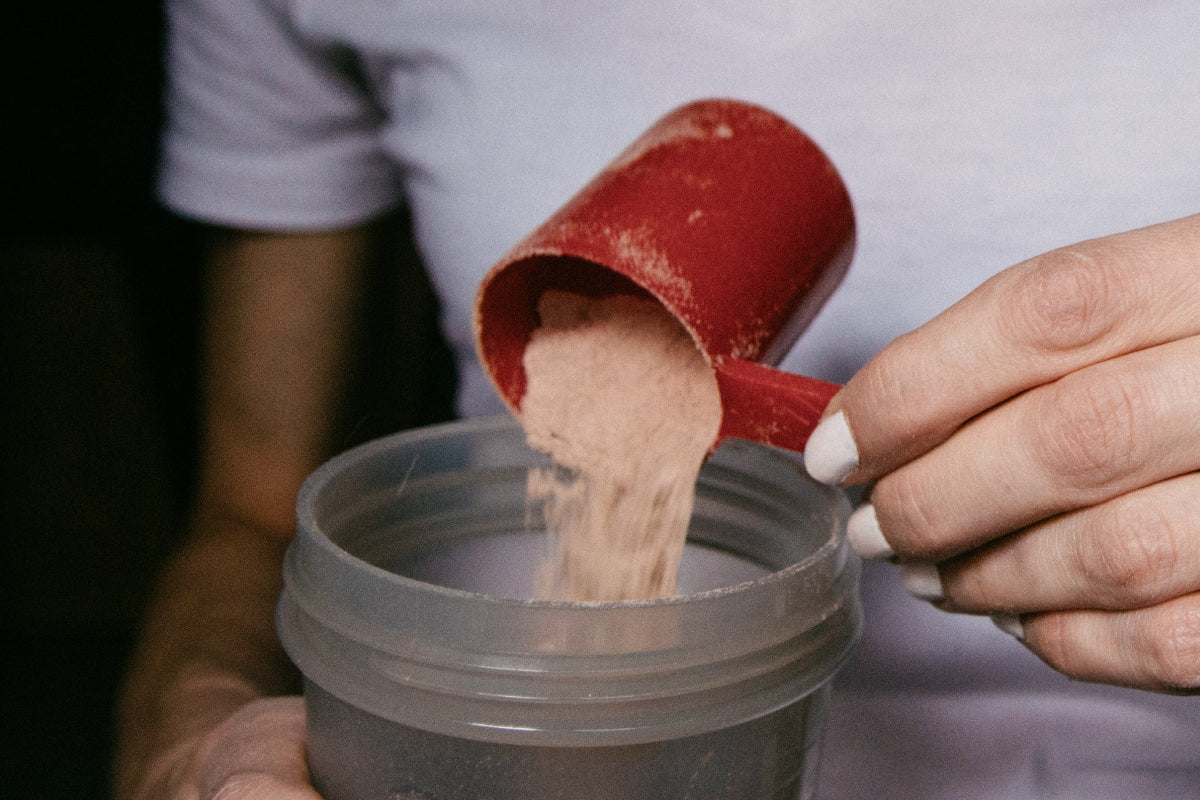There are countless arguments about the daily protein needs of athletes compared to non-active people, but regardless of your stance on that topic, meeting those protein numbers is harder for vegans compared to non-vegans. Although it may take more effort to meet your protein needs on a vegan diet, that doesn't make it inferior. In fact, the debate of plant protein vs milk protein (which is what most protein powders are made with) is almost a moot point. The amino acid profile of milk protein is beneficial compared to some other protein sources, but with the right balance of plant protein sources, that amino acid profile can be matched...
Sourcing Your Essential Amino AcidsThere are essential and non-essential amino acids, and the names are pretty self-explanatory. Essential amino acids must be supplied to your body through food sources because you can't synthesize them from other nutrients. Milk protein is generally popular because it contains 18 amino acids, nine of which are essential. That's pretty good!
But what about those who want to avoid milk protein for various reasons, whether it's veganism, lactose intolerance, or the quest to find more sustainable sources of protein? There are actually several plant-based foods with complete protein. Those include beans, legumes, seeds, rice, some grains, and other combinations of whole foods.
Let's face it, though... Even for those with big appetites, it can be tough to eat enough of these foods per day to reach the higher levels of protein required by many athletes. But nutritional science has come a long way! Here are some of the best sources of supplemental plant-based protein:
Pea Protein IsolatePea protein is one of the most popular plant-based sources of complete protein. It's dense with nutrients and antioxidants, and on top of the essential amino acids, it's also high in L-glutamine and L-arginine, which help improve recovery and overall protein synthesis. It's also hypoallergenic and easy to digest, making it ideal for just about everyone, regardless of protein needs.
Pea protein is also highly useful to people who suffer from common food allergies. In supplemental form, pea protein isolate is the go-to source for the highest quality.
Sprouted Brown Rice ProteinAnother great source of plant-based essential amino acids is sprouted brown rice protein. This one has the added benefit of being high in dietary fiber, so it's not only beneficial to cardiovascular health and healthy blood sugar levels, it would also have a mild appetite-suppressing effect for those trying to improve protein intake without eating everything in sight. Like pea protein isolate, it's easy to digest and hypoallergenic, so it's ideal for vegans and non-vegans.
Artichoke Protein ConcentrateArtichoke protein is highly-nutritious and supports good digestive and cardiovascular health while helping to fight weight gain thanks to its stabilizing effect on blood sugar levels. It's another great all-around healthy food source that just happens to be a fantastic plant-based protein source. Plus, all three of these whole-food protein sources have neutral flavors, so they're great for mixing with other ingredients without giving any bad aftertaste.
With the combination of pea protein isolate, sprouted brown rice protein, and artichoke protein concentrate, there's really no need to debate the merits of milk protein vs. plant protein. SAN's Rawfusion offers the perfect combination of these proteins to deliver an optimal amino acid profile without any of the common drawbacks milk protein. Combine it with other ingredients for a power-packed plant-based meal that fills you up and gives you all the protein you need, or just mix it in water, juice, or your favorite milk substitute as a protein boost any time of day."


